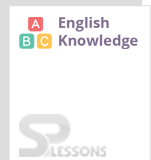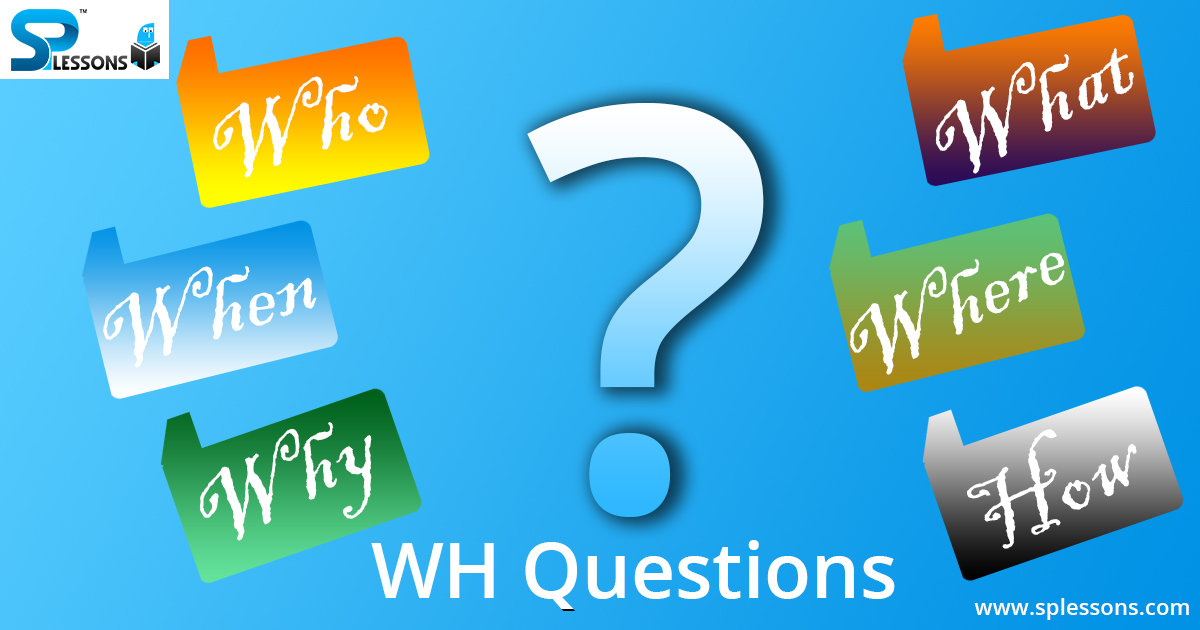 Introduction
Introduction
What are WH Questions?
Questions starting with -wh are known as wh Questions. WH Questions article is an attempt to explain the importance of WH Questions.
Wh- questions always begin with one of the wh- question words (interrogative pronouns), which show what kind of information is wanted. It is very important to place an auxiliary or a modal verb after a wh- question and before a subject.
Structure:
[Wh- word] + auxiliary/modal verb + sub + verb + ....?
WH- question words:
Actually, in the English Language, there are eight established WH question- words. This name implies that each question-word begins with the letters WH. These words are as follow:
WHAT = pronoun. (What is that?)
WHEN = adverb. (When did you arrive?)
WHERE = adverb. (Where do you live?)
WHO = pronoun. (Who are you?)
WHOM = pronoun. (Whom do you love?)
WHICH = pronoun. (Which book do you like?)
WHOSE = pronoun. (Whose book is this?)
WHY = adverb.(Why did you punch him?)
HOW = adverb. (How did you get here?)
 WH Questions
WH Questions
- Understand the question word
- Understand the grammar of the question
- Understand each vocabulary word (not just the question word)
- Makes sense of the information and the social context
- Formulate a response
- Put the words together (syntax & semantics)
- Give a response
- Participating in conversations with friends and family
- Answering questions in class
- Demonstrating knowledge on tests
- Being able to follow directions & stay safe
- Demonstrating an understanding of school material
- Understanding question words?
- Comprehending the grammatical structures?
- Understanding the vocabulary words?
- Formulating a grammatically correct response (demonstrating knowledge)?
- Formulating a semantically correct response (demonstrating knowledge)?
- Attending long enough to hear and understand the question?
 English
English
In English, you can say you ”won” something and feel proud or happy. In South Korea, it is their national currency. When a house is said to be ”won” in Polish, it means that it is ”nice smelling.” Russia has a different interpretation, however. In Russian, using the word ”won” means describing something that ”stinks.”
Thomas Babington Macaulay was the one who started English education in India. English education Act was passed in 1835.







